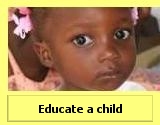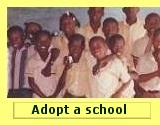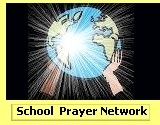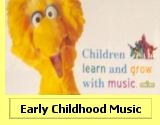home >> caribbean mitigation
 UNITED
CARIBBEAN TRUST-Caribbean Mitigation
UNITED
CARIBBEAN TRUST-Caribbean Mitigation
Learning from Our Experiences
Learning Objectives: Learn the importance of documentation
and evaluation as a means for performance
improvement. It’s important to keep track of what we do and to learn
from our experiences. Doing this can help us improve our program and its
results.
Brainstorm ways to document and assess programs and activities. Topics
for discussion include the following items:
• Documenting our activities and achievements – in words and
pictures
Documentation will not only help your group in the evaluation process,
but it will facilitate smoother relationship with the media and make your
projects easily accessible to other groups.
• Measuring success – how will we know we’ve succeeded?
There are a number of ways to measure success, but your group will determine
the most important measures of success. Check your project/program’s
progress against these measures at designated intervals.
Brainstorm what you feel will be important measures of success.
• Getting feedback – evaluation tools and techniques
Ask participants how they’re feeling about your group’s project,
or use a more
structured form of feedback gathering.
• Debriefing – learning in the moments after a major activity
Sometimes the best feedback is available immediately after a project has
taken place. For workshops,
structure a short period of time at the end of your session to solicit
feedback and allow participants to evaluate the session. For projects,
try and schedule time for your group to meet immediately following the
project for just 20 minutes or so. Discuss successes and challenges, lessons
learned and any other feedback. Make sure there is a recorder for your
group.
• Incorporating what we’ve learned into future efforts
Often times, challenges met are easily avoided in the future. Make sure
that everyone in the group knows that successes and challenges are vital
to the continued success of future projects. Consider a running “best
practices” list for particular projects, workshops, or even demographic
groups (i.e., When
working at the senior home, volunteerism is more visible in the morning
hours).
• Sharing what we’ve learned with others in our group and
beyond (tell FEMA, local media, other communities—
anyone who will listen!)
The importance of spreading the word can not be emphasized enough. If
you’re proud of your group’s achievements, others will be
intrigued. Utilize the methods outlined in Section 4 to attract media,
• Utilizing the Internet to spread the word.
The Internet has become a powerful information-sharing tool. Chances are
that a member of your group has experience using the Internet either personally
or for business. Solicit help in getting project and volunteer information
online. If no member of your group is comfortable taking on this task,
solicit help from a local web-development firm.
The link between evaluation and sustainability is well documented. Programs
and projects that are consistently evaluated are more likely to satisfy
engaged volunteers and more likely to effectively serve your community.
As programs and projects change over time, consistent evaluation allows
your group to refine processes and procedures. Well-evaluated programs
are often the longest lasting and most successful.
It can also be valuable to ask participants to evaluate themselves or
a particular project before and after the fact.
ASSESSMENT
Sourced from FEMA
|

 UNITED
CARIBBEAN TRUST-Caribbean Mitigation
UNITED
CARIBBEAN TRUST-Caribbean Mitigation






